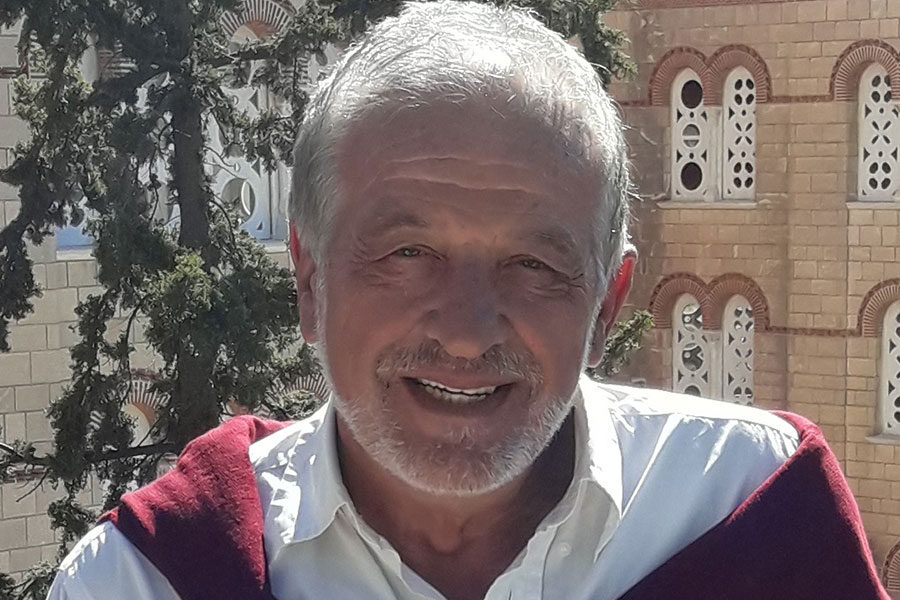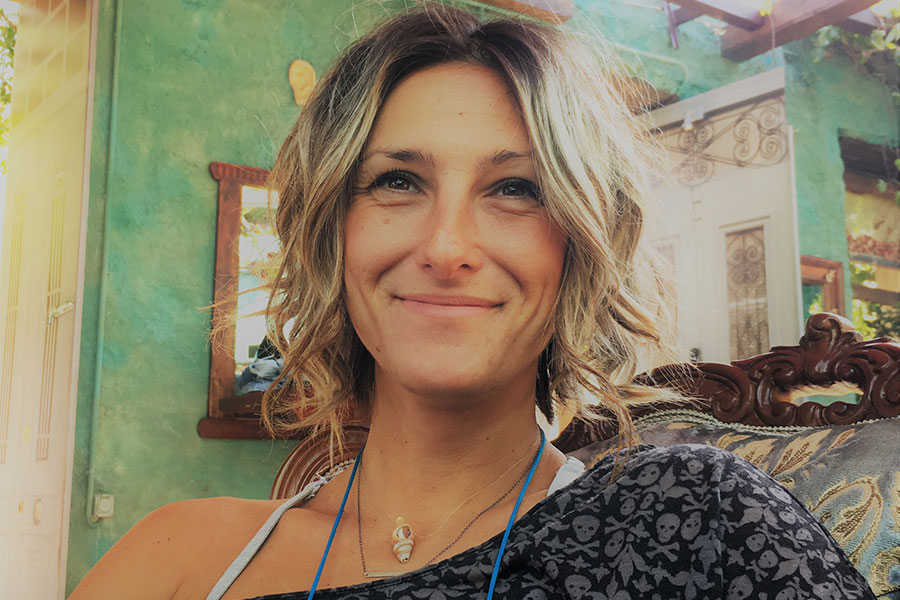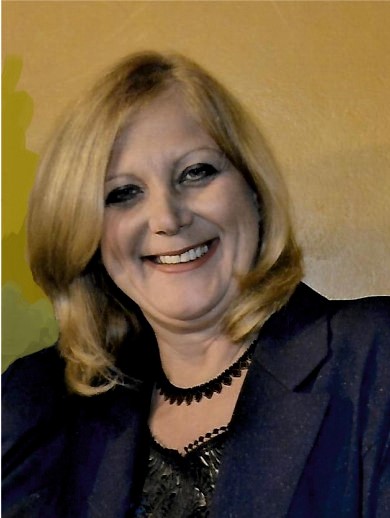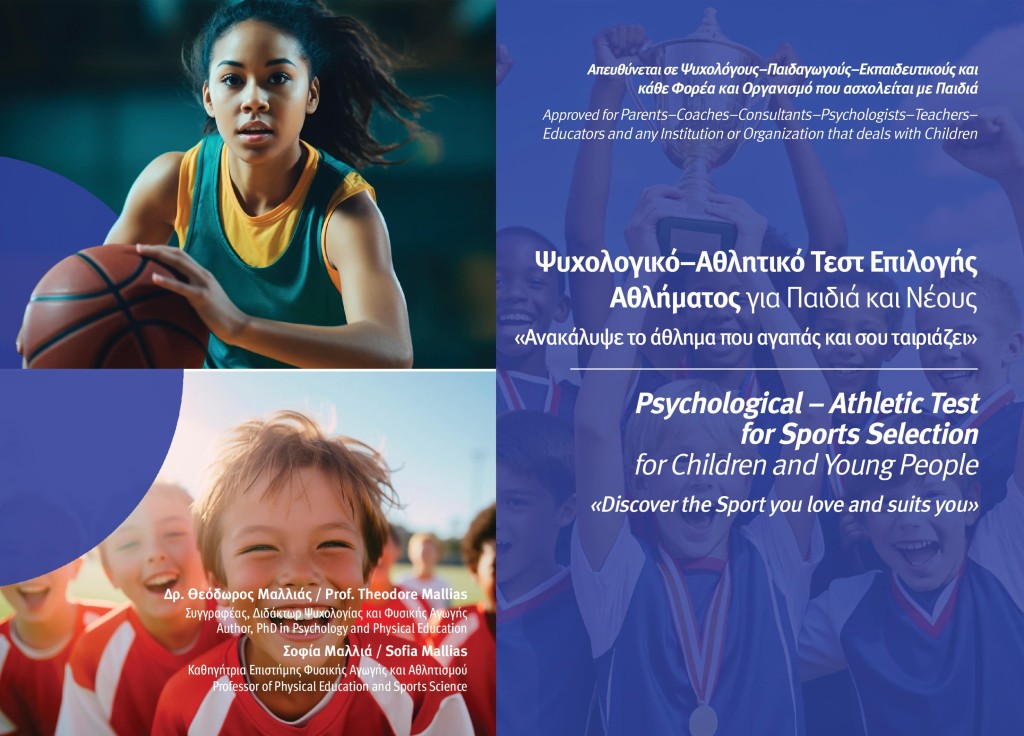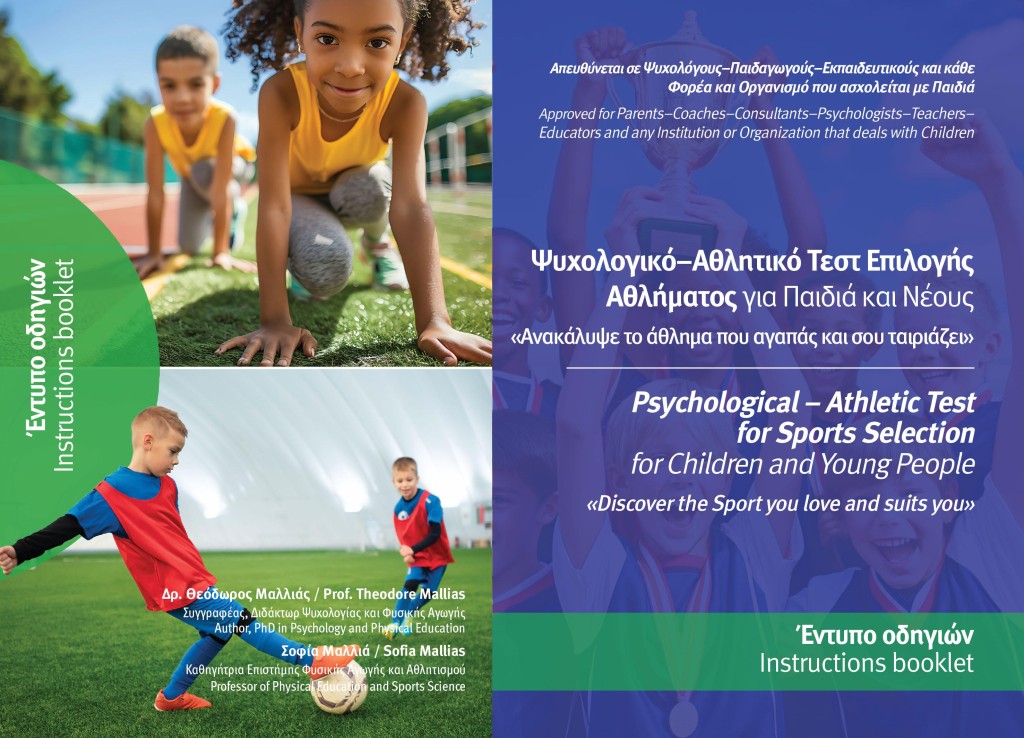Psychological – Athletic Test for Sports Selection
CONTRIBUTORS

AVAILABILITY OF PSYCHOLOGICAL TEST FOR CHILDREN AND YOUNG PEOPLE
PSYCHOLOGICAL – ATHLETIC TEST FOR CHILDREN AND YOUTH
The internationally renowned Sport Psychology TEST by Dr. Theodoros Mallias, PhD in Psychology and Physical Education, is a groundbreaking psychological–athletic assessment tool based on the principles of sport psychology and activity preference. It helps children and young people discover the sport they love and that best suits them.
The test is a specially designed visual questionnaire featuring Olympic sports, scientifically validated and presented at the World Conference of the Society for Stress and Anxiety Research (STAR). It ensures the accurate identification of the most suitable and enjoyable sport for children and youth over the age of six.

Extensive scientific research in the fields of Sociology and Psychology has demonstrated that a child’s personal choice of their most beloved sport—rather than being pressured by parents or other external influences—is a key factor not only in their physical health and well-being but also in their psychological, emotional, and social development.
This personal selection of the most preferred sport is substantiated and put into practice through the administration of the Psychological–Athletic Test developed by the renowned Sport Psychologist, Professor Theodoros Mallias.
The act of a child personally choosing a sport they truly enjoy holds special significance and brings multiple benefits for a variety of reasons.

Based on extensive scientific, research, and practical experience with sports and children, the undeniable necessity of children’s participation in sports becomes clear. We recognize the tremendous benefits it provides to the child—not only for their physical health and well-being but equally for their mental, emotional, and social harmony and development.
Regarding these benefits, numerous scholars analyze and document the vast advantages of a child’s involvement in sports—an activity that has held a prominent place since Ancient Greek civilization, as seen in the renowned academies of Plato and Aristotle. These philosophers emphasized and practiced the Platonic ideal “A healthty mind in a healthy body” as essential for the formation of a well-rounded citizen.
The choice of sport is an important decision for both the parent and the child and should be guided exclusively by the child’s personal desire to select the sport. This ensures an enjoyable engagement, enhanced endurance, and a healthy lifestyle. To determine which sport excites and is most loved by the child, the aforementioned scientifically validated psychological test for selecting the most preferred sport provides a reliable solution.
The Sports Selection Test includes:
- A color activity book featuring photographs of Olympic sports.
- Instruction Manual for the Scientific Supervisor explaining the Test
- Sport Selection Card & Sport Scoring Card
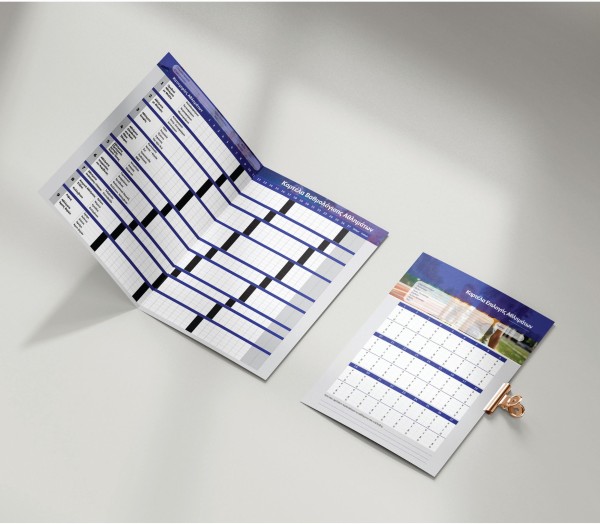
- Selection of the most suitable and preferred sports for each child’s profile, in order of priority
The Kostis Palamas Center for Culture and Olympism offers experienced scientific collaborators for every form of support.
Niki Bouzouka – Child Psychologist – Parent and Child Counseling
Extensive experience with certifications and official documentation related to the administration of psychological tests.
Sophia Mallia – Professor of Physical Education and Sports Science
Certified training through conferences, seminars, and workshops in Sports Psychology and Counseling.
1. SEMINARS (Clarifications – Explanations)
Provided to each Scientific Supervisor who will administer the test to children.
Seminar Duration: Up to 2 hours
2. TEST ADMINISTRATION
Includes:
-
Administration of the Test
-
Scoring of Sport Preferences
-
Issuance of Test Results
Duration for administration and scoring: 2 to 3 hours
FEATURES:
-
Ages: 6+
-
Test Duration: Introductory briefing and test administration from 1 to 1.5 hours
-
Easy to Administer: Simple and user-friendly procedure with examiner support
-
Languages Available: Greek & English
“Every child has a sport that suits them – let’s discover it together!”
For the administration and conduct of the TEST, contact 2610-321653 daily 10:00-16:00 and 697 663 2724
Discover the Ideal Sport for your Child!
Make an appointment for the scientifically documented Psychological Sport Selection Test at the “Kostis Palamas” Cultural – Olympism Center
Scientific Approach
Test created by Dr. Th. Malias, globally recognized
Expert Guidance
Child Psychologists & Physical Education Teachers
Duration: 1–1.5 hours
Friendly environment for children 6+ years old
Full Results
Detailed profile & specific sports suggestions
Upgrade your Practice with the Professional Test
Get the complete package of the Psychological-Sports Sport Selection Test and offer specialized services to your clients
Full Package
Color book, administration instructions, evaluation sheets
Free Training
2-hour seminar with test administration certification
Internationally Recognized
Test presented at World Congresses
New Services
Expand your portfolio with sports psychology
- Available in Greek & English
- Technical Support from the center
- Marketing Materials for promotion

